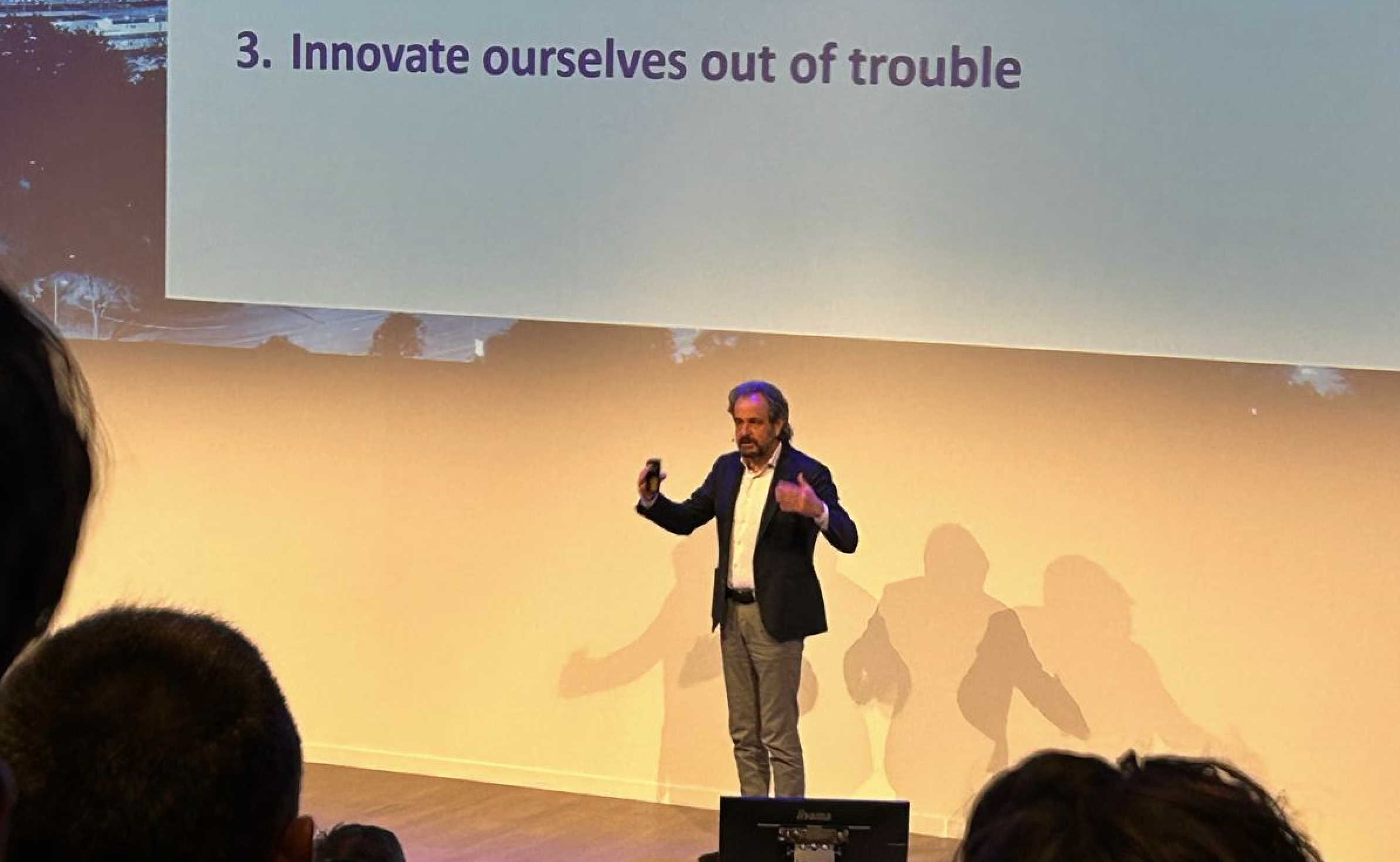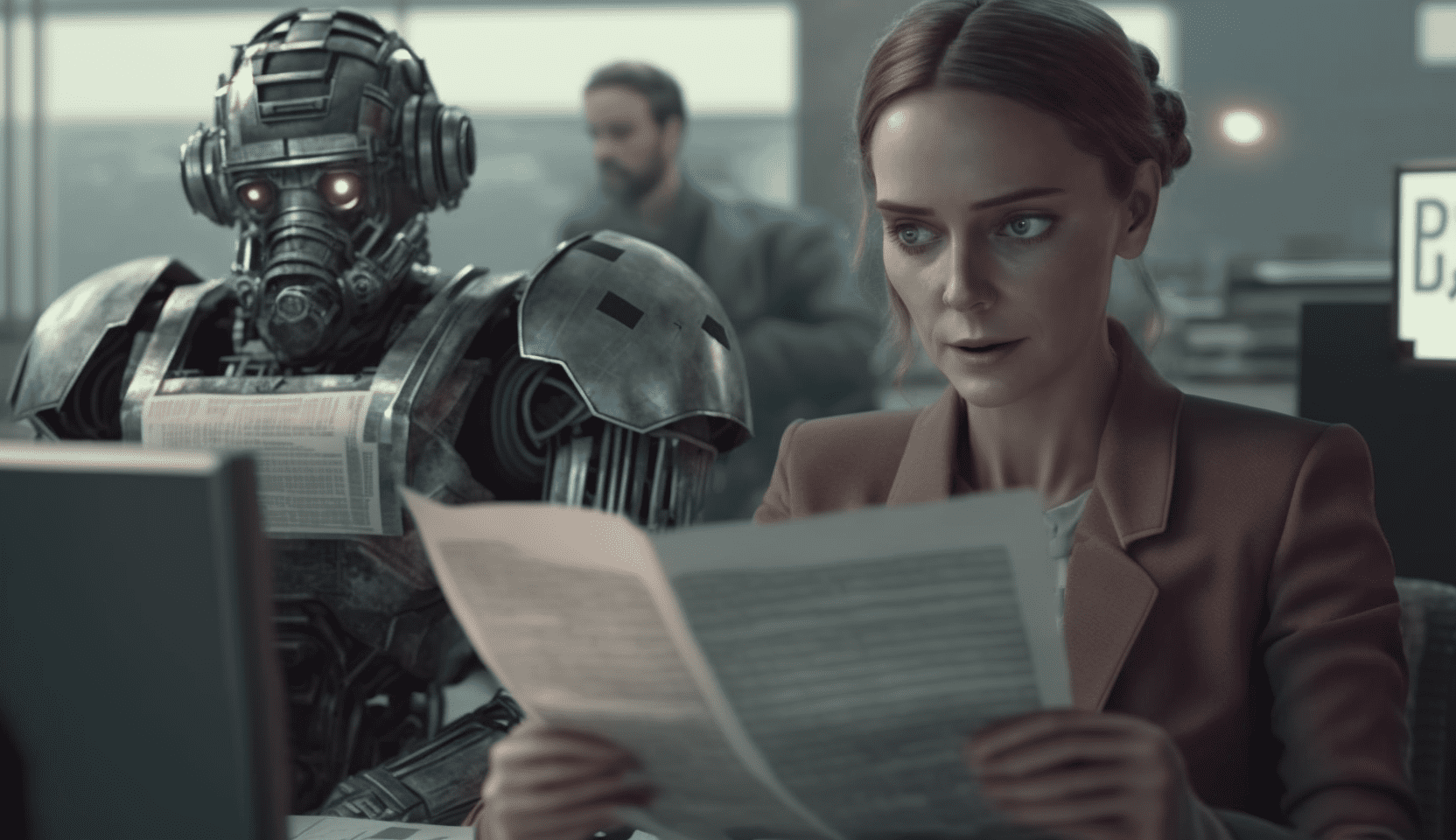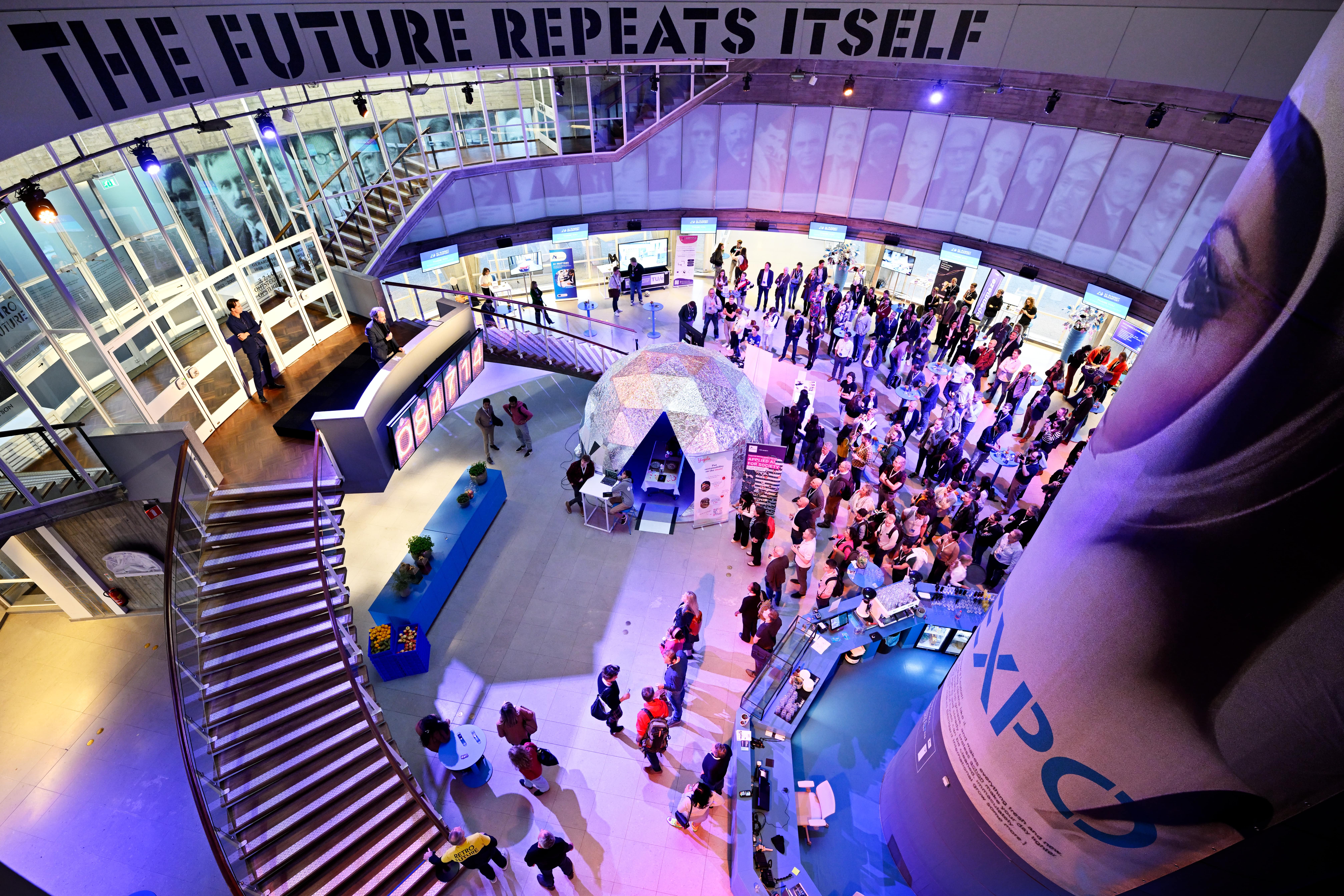
by Norbine Schalij, Cursor
TU Eindhoven is rapidly setting up an institute that is needed to create awareness of its education and research in the field of artificial intelligence among future students, the best researchers, the business sector and (European) financiers. This EAISI, led by Carlo van de Weijer (director of TU/e’s Strategic Area Smart Mobility), will be launched on September 2, 2019. His first tasks will be to attract fifty new full and associate professors and to find suitable accommodation.
As of next academic year, TU/e will have its own AI institute, so that everyone with an interest in artificial intelligence knows that they have to go to Eindhoven for education and research in this field. The institute will be known as the Eindhoven Artificial Intelligence Systems Institute. Its acronym EAISI sounds easy, according to dean Frank Baaijens.
“AI is relevant to every research field at TU/e, and it is crucial to all future high-tech systems.” Baaijens says that on further consideration, there seemed to be a serious overlap between three of the envisaged CRT’s (Cross Research Themes, described in the Strategy 2030, ed.), and that is why the university decided to quickly set up an AI institute. These three CRT’s will be part of this institute: Complex High Tech Systems, Data-driven Intelligent Systems, and Human-centered Systems and Environments.
Rapid Pace
The process of setting up this institute takes place at a rapid pace, despite the busy schedules of the professors who are involved. Carlo Van de Weijer: “I was asked for this a few months ago. This is the first presentation to the TU/e community, we still need to fill out the details. A team was set up, but we are inviting everyone to share their ideas with us. I mostly see motivated people who are willing to clear their schedule for this. TU/e is making a strong commitment with this hundred-million-euro investment.”
EAISI’s scientific mission is to collect and analyze data and to make real-time decisions in safety-critical situations based on that data. That means that these pieces of advice could have a serious impact on people’s lives, such as with self-driving cars and care robots. “That is exactly the specific role we see for TU/e. In the past, AI could be found primarily in the cyber world, at Google, booking.com, Spotify and other consumer platforms, Now, AI is evolving in the direction of fields in which TU/e has always been successful, such as High Tech Systems and Human Technology Interaction. At EAISI, the machines become intelligent,” says Van de Weijer.

The intention is to attract fifty full professors, in addition to the hundred scientists who are already working in this field at TU/e. New and current employees will sign their contracts with the departments. When asked whether all new professors will be women, Van de Weijer replies with a smile that it is entirely up to the departments to make that decision.
Commotion
What Van de Weijer would like most is to see his student teams – AI is relevant to most of them – and the education and research in this field together in one location. The Laplace building, which is currently being renovated for educational purposes, will not be able to accommodate the Institute for another two years. That is why EAISI will start at the Gaslab on September 2.
“Our institute will be a major customer in terms of computing powers, so there is a nice symbolism to a location in the university’s former computing centre. Our goal is to create quite a stir there, an atmosphere comparable to the one in TU/e innovation Space. The second floor of Laplace needs to become an AI playground, with students and robots on the monkey bars,” so thinks EAISI’s director.
But it doesn’t stop just with play. In five years’ time, the institute will show results in several different fields. “Each year we want to raise thirty million euros from outside TU/e for research. We expect that the money will come from a collaboration between companies (plans have already been discussed with Philips, NXP and ASML), from the Dutch Research Council, and from European subsidy providers. A budget has been created for fifty full professors, who we will have to find within five years. That will be quite a challenge because AI specialists are in high demand, but we’re not afraid to take up that challenge.”
A hundred and fifty interested TU/e students and staff members heard the first plans last Monday afternoon. Next month, Van de Weijer and chairman of the Executive Board Robert-Jan Smits will join Prime Minister Mark Rutte, among others, on a trade mission “We will do all we can to present our EAISI plans during that mission. The brochures aren’t finished yet, but I will be carrying new business cards.”








